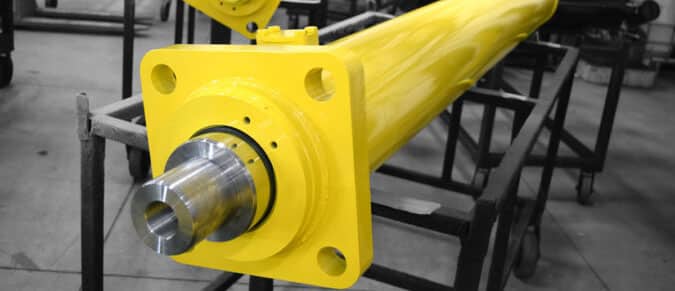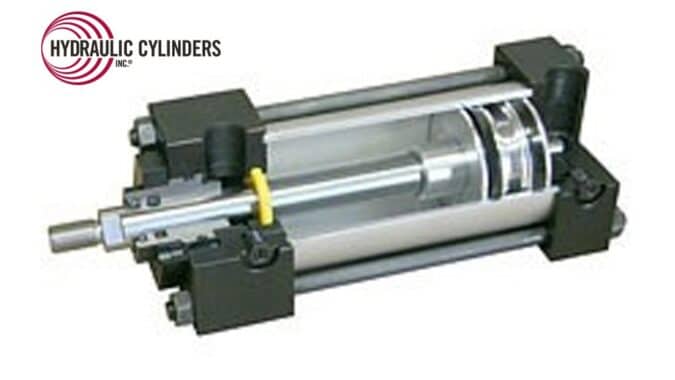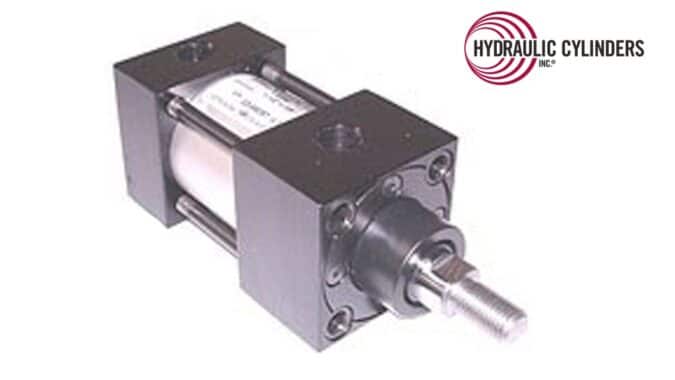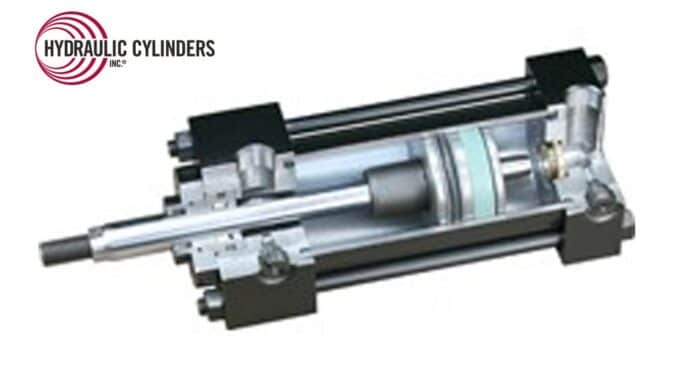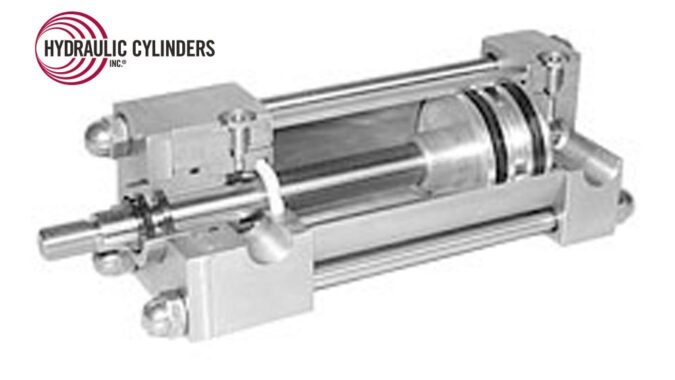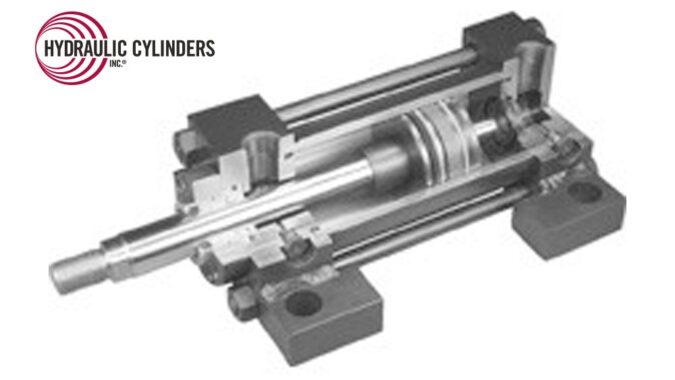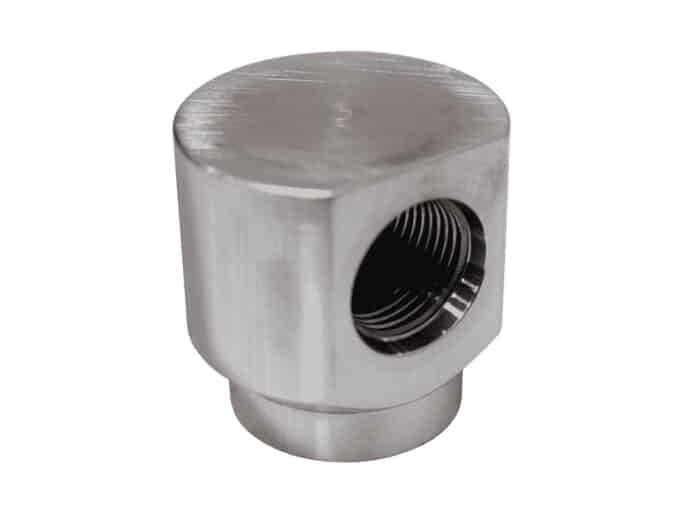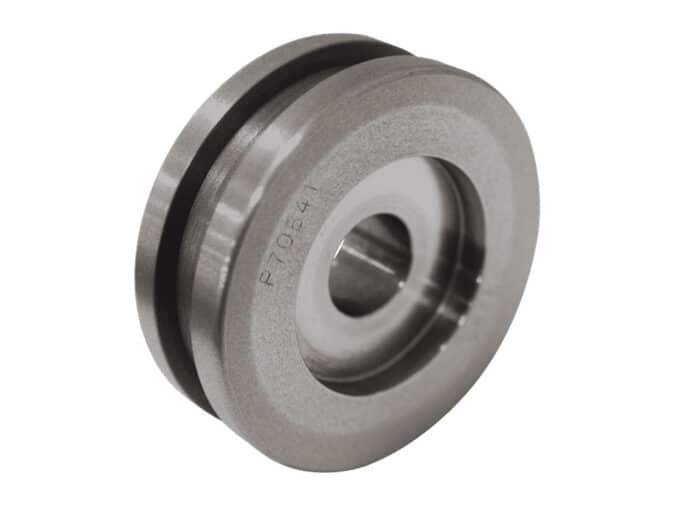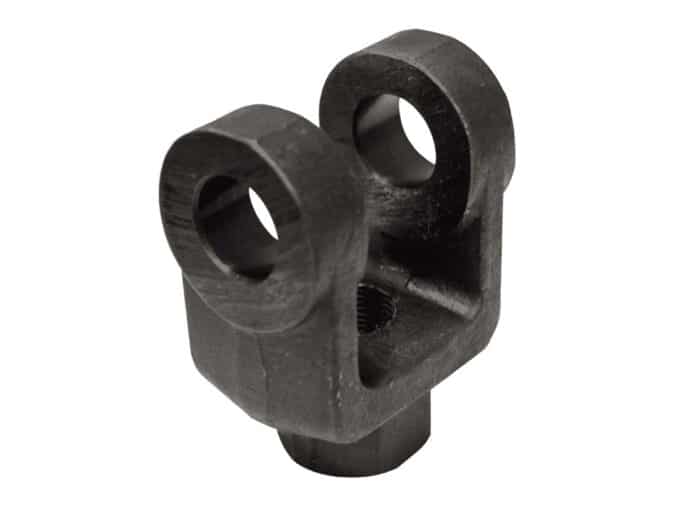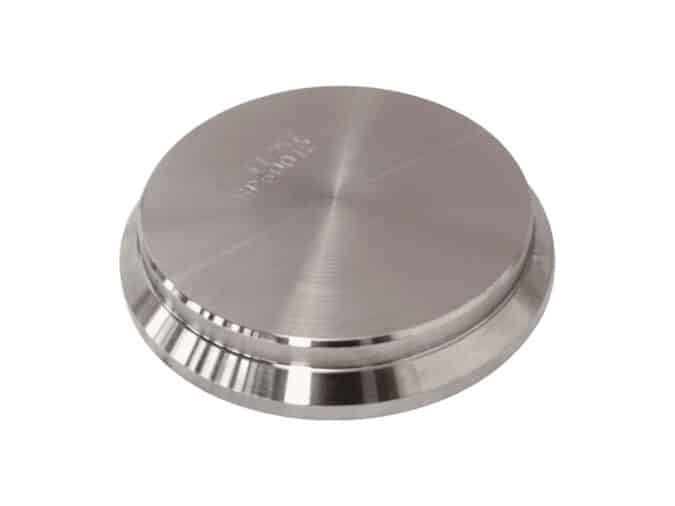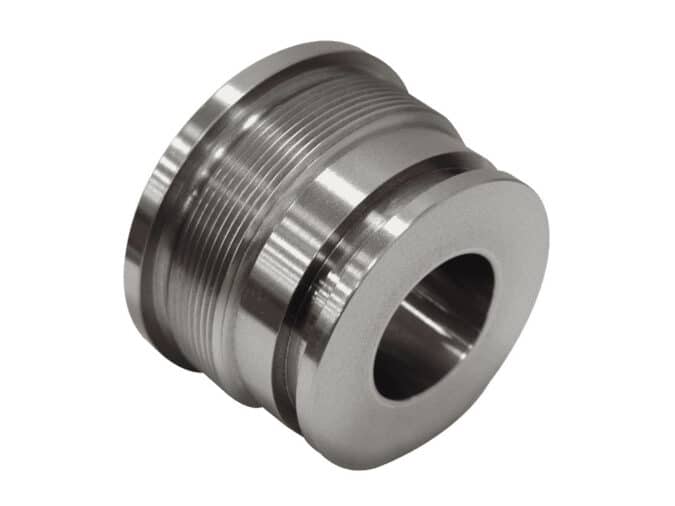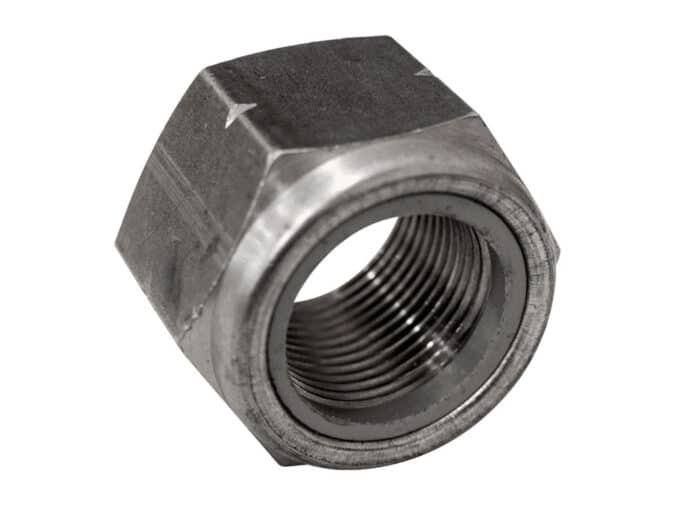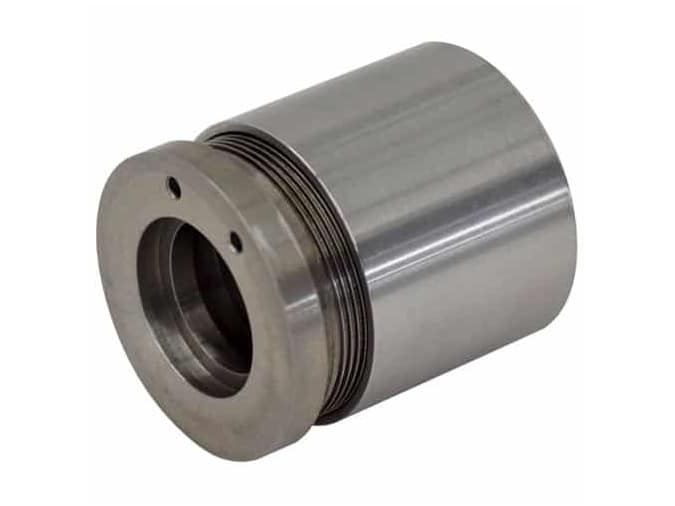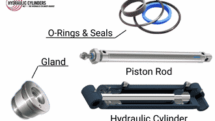The Different Types of Hydraulic Fluid
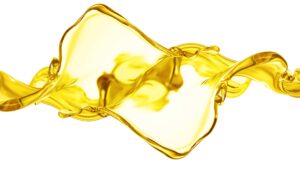
The Different Hydraulic Fluid Types
Hydraulic fluid is one of the most important elements of successful hydraulic operations. These fluids help your hydraulic system dissipate heat and transfer power, exhibiting lubricating properties that keep hydraulic cylinders and components running smoothly. Hydraulic fluid can also act as a sealant and, thanks to special additives, protect your hydraulic system from contamination and damage from corrosion and wear.
While hydraulic fluid is vital for your hydraulic system, there are many different types, each with different chemical properties and viscosities. These differences mean that not all hydraulic fluids are compatible with every hydraulic system or application. In fact, using the wrong type can result in serious damage, from poor performance, preventable contamination, and costly downtime to total hydraulic cylinder failure. To know if you are using the right fluid for your system, first, you need to understand the different hydraulic fluid types, their applications, and their properties.
What Are the Different Types of Hydraulic Fluid?
There are many types of hydraulic fluids and hydraulic oils. Although these terms are often used interchangeably, they can actually mean different things. Most hydraulic fluids fall into one of three categories: synthetic, petroleum-based, and water-based. Synthetics are often referred to as “hydraulic fluids” because they do not contain any actual oil. Mineral-based fluids, however, do contain oil. To avoid any confusion, we’ll describe everything with the “hydraulic fluid” label and only use the phrase “hydraulic oil” to reference or describe specific oil-based fluids.
Synthetic Hydraulic Fluid
Synthetic hydraulic fluid is chemically produced and contains additives to enhance its physical properties. Advantages may vary by formula, but synthetic fluids generally offer enhanced lubricity, temperature stability, oxidation security, fire resistance, and biodegradability. Because synthetics are more toxic than non-synthetic options, these hydraulic fluids are often used for heavy-duty equipment in critical applications. Synthetic hydraulic fluids have a longer service life than other formulas and will help your system last.
Mineral-Based Hydraulic Oil
Mineral-based hydraulic oils are petroleum-based formulas derived from crude oil fractions. They contain additives to improve viscosity, prevent rust and corrosion, and enhance resistance to heat and wear. While mineral-based hydraulic oils are low-cost, readily available, and highly comparable to synthetic hydraulic fluids, they can be flammable. Mineral-based oils are best used for industrial and mobile equipment in stable applications.
Multi-Grade Hydraulic Oil
Multi-grade hydraulic oils are high-efficiency oil-based fluids with enhanced performance properties at lower costs. These formulas maintain viscosity under extreme pressures, temperatures, and conditions, making them ideal for applications in changing environments. An added benefit of some multi-grade hydraulic oil formulas is the inclusion of dyes that make it easier to identify fluid leaks in your hydraulic system.
Water-Based Hydraulic Oil
Water-based hydraulic oils come in water-glycol blends and oil-in-water or water-in-oil emulsions. Their high water content makes these oils fire-resistant and ideal for fire safety applications, such as mining and metalworking. Water-based hydraulic oils are excellent for transferring and dissipating heat in high-temperature applications but are less effective in colder temperatures. Although water-based oils do not provide high lubricity, they have low toxicity levels and are suitable for environmental applications.
Hydraulic Fluid Properties & Characteristics
Under force, hydraulic fluid creates pressure that generates movement in cylinders. Hydraulic fluid properties vary between formulas, so it’s important to understand general characteristics and how they can affect your hydraulic system’s performance.
Viscosity & Lubrication
A fluid’s viscosity is its resistance to flow and shear. Viscosity is the most important fluid characteristic because of its effects on your hydraulic system’s performance and efficiency. Fluid viscosity is not created equal and instead comes in several grades. As such, a fluid’s viscosity is even more important than its quality and should always be matched to your system’s operating temperature.
Viscosity plays a direct role in creating pressure and facilitating operations and is closely related to lubrication. A fluid’s lubricity is its ability to reduce friction in a hydraulic system. The lubricity directly enhances mechanical movement and helps your hydraulic cylinder operations maintain maximum functionality.
Flammability & Safety
Hydraulic fluid and oil both require general safety precautions, like preventing contact with the skin, eyes, and mouth. However, additional safety measures must be taken when using specific hydraulic fluids. Most hydraulic oil formulas are also flammable at specific temperatures or flashpoints, which is why it’s so important to avoid overheating your hydraulic system. Always wear protective gloves and eyewear during fluid changes and maintenance. Store hydraulic fluid away from ignition sources and use fire-resistant hydraulic fluid formulas in high-temperature applications or where there is a risk of combustion.
Contact HCI to Speak with Hydraulic System Experts Today!
The team at Hydraulic Cylinders, Inc. is here to answer your questions and help you find the right hydraulic cylinders and component parts for your system. Our expansive inventory of aftermarket hydraulic cylinders will provide you with the best cylinders for your specifications. With same-day shipping on all in-stock orders, we help you get back to work as soon as possible.
Contact us or request a quote to get started today.


